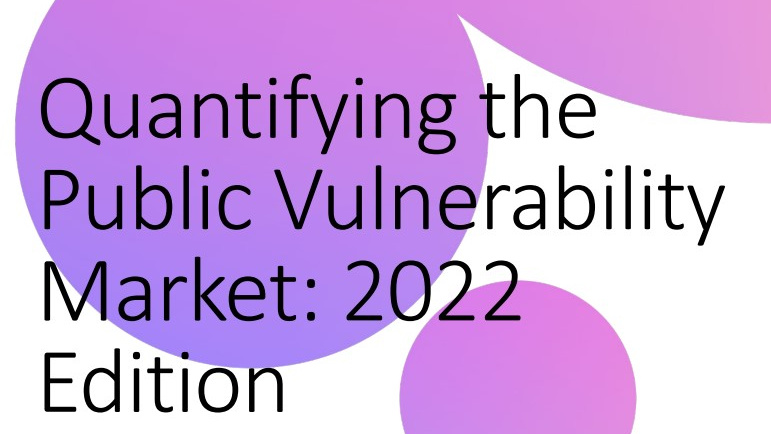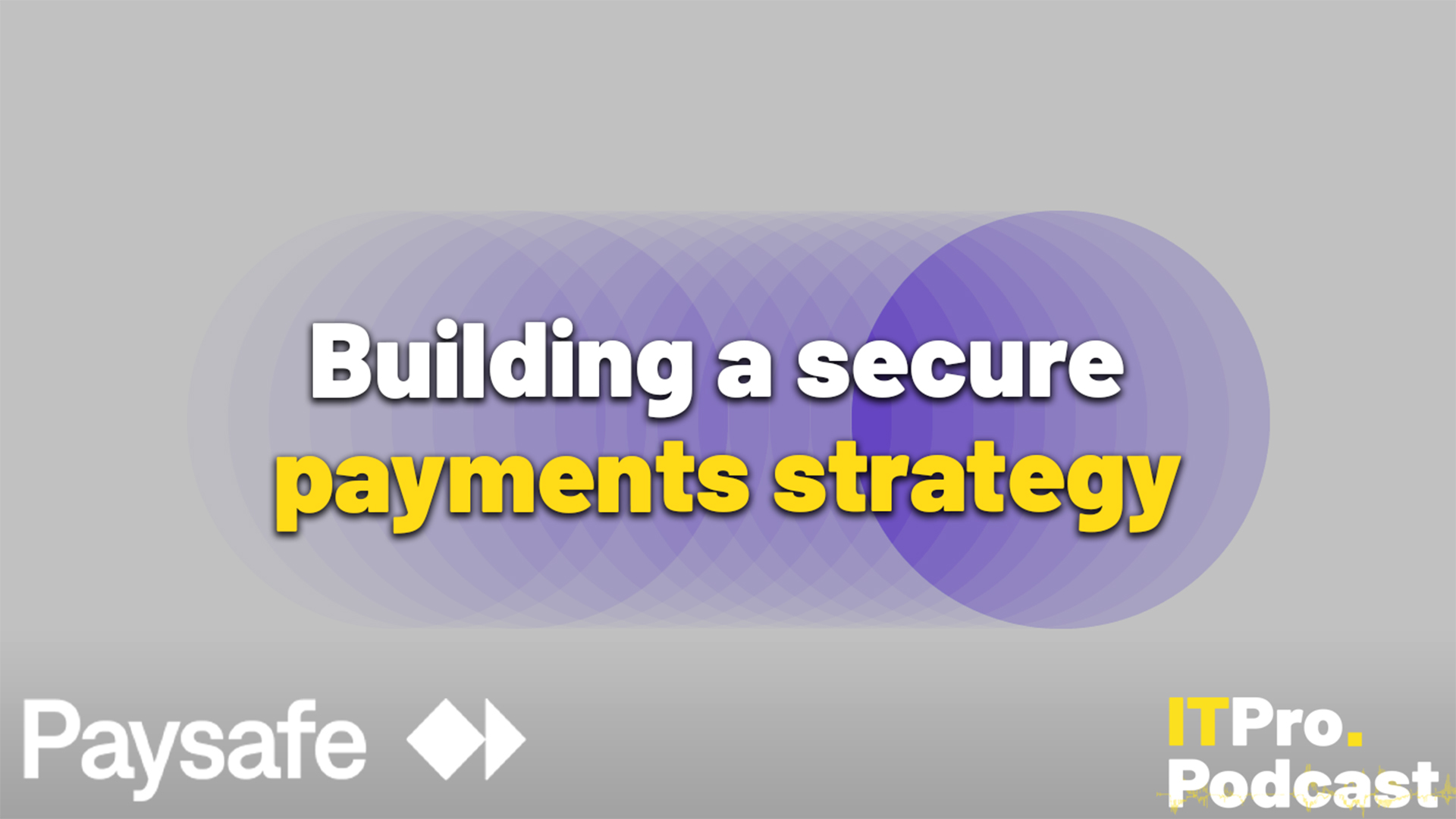Trump's Iran nuclear deal withdrawal could spark cyber war, experts warn
State-linked Iranian hackers are already becoming more active, according to security firm

President Trump's threats to pull out of the Iran nuclear deal have fuelled the risk of a potential cyber war between the US and Iran, security experts have warned.
The deal is an agreement between Iran and the major world powers, including the US, EU, China and Russia, which places strict limits on Iran's nuclear weapons programme in exchange for the removal of sanctions on the country's economy.
However, Trump has been a vocal opponent of the deal for a number of years and has publicly announced his intention to withdraw the US from it, reinstating sanctions on Iran. This has been a controversial proposition, with many warning that it could lead to escalating hostilities between the two countries.
In fact, according to cyber security company Stealthcare, this could already be happening. The company has stated that it has detected a substantial increase in the production of malware from hacking groups linked to the Iranian government since Trump announced his intentions to pull out of the deal.
"After tracking and collecting intelligence on Advanced Persistent Threats or APTs from Iran over the past year, Stealthcare's Zero Day Live (ZDL) threat intelligence platform has detected a significant uptick in the development, deployment and weaponization of malware emanating from Iranian state threat actors since the announcement," said Stealthcare CEO Jeremy Samide.
"Given renewed anger directed toward the US by Iranian state threat actors, a proportional and logical response to the withdrawal can be expected. This would most likely come to increased, coordinated cyber attacks against the West."
This would not be the first time that Iran's nuclear program was at the centre of a major international cyber security incident. In 2010, the country's nuclear program was targeted by the Stuxnet worm, a devastating piece of malware which is widely suspected to have been developed by the US and Israel in order to derail Iran's efforts to develop nuclear weapons.
Sign up today and you will receive a free copy of our Future Focus 2025 report - the leading guidance on AI, cybersecurity and other IT challenges as per 700+ senior executives
Image credit: Shutterstock
Adam Shepherd has been a technology journalist since 2015, covering everything from cloud storage and security, to smartphones and servers. Over the course of his career, he’s seen the spread of 5G, the growing ubiquity of wireless devices, and the start of the connected revolution. He’s also been to more trade shows and technology conferences than he cares to count.
Adam is an avid follower of the latest hardware innovations, and he is never happier than when tinkering with complex network configurations, or exploring a new Linux distro. He was also previously a co-host on the ITPro Podcast, where he was often found ranting about his love of strange gadgets, his disdain for Windows Mobile, and everything in between.
You can find Adam tweeting about enterprise technology (or more often bad jokes) @AdamShepherUK.
-
 Foreign states ramp up cyberattacks on EU with AI-driven phishing and DDoS campaigns
Foreign states ramp up cyberattacks on EU with AI-driven phishing and DDoS campaignsNews ENISA warns of hacktivism, especially through DDoS attacks
-
 A new 'top-tier' Chinese espionage group is stealing sensitive data
A new 'top-tier' Chinese espionage group is stealing sensitive datanews Phantom Taurus has been operating for two years and uses custom-built malware to maintain long-term access to critical targets
-
 ‘States don’t do hacking for fun’: NCSC expert urges businesses to follow geopolitics as defensive strategy
‘States don’t do hacking for fun’: NCSC expert urges businesses to follow geopolitics as defensive strategyNews Paul Chichester, director of operations at the UK’s National Cyber Security Centre, urged businesses to keep closer tabs on geopolitical events to gauge potential cyber threats.
-
 Three ways to evolve your security operations
Three ways to evolve your security operationsWhitepaper Why current approaches aren’t working
-
 Beat cyber criminals at their own game
Beat cyber criminals at their own gameWhitepaper A guide to winning the vulnerability race and protection your organization
-
 Quantifying the public vulnerability market: 2022 edition
Quantifying the public vulnerability market: 2022 editionWhitepaper An analysis of vulnerability disclosures, impact severity, and product analysis
-
 Same cyberthreat, different story
Same cyberthreat, different storyWhitepaper How security, risk, and technology asset management teams collaborate to easily manage vulnerabilities
-
 Business value of ServiceNow security operations
Business value of ServiceNow security operationsWhitepaper Experience transformational gains from automating workflows and data-sharing among IT, security, and risk teams to rapidly remediate threats


